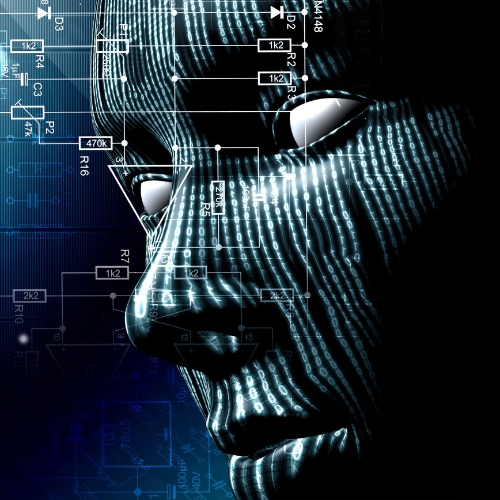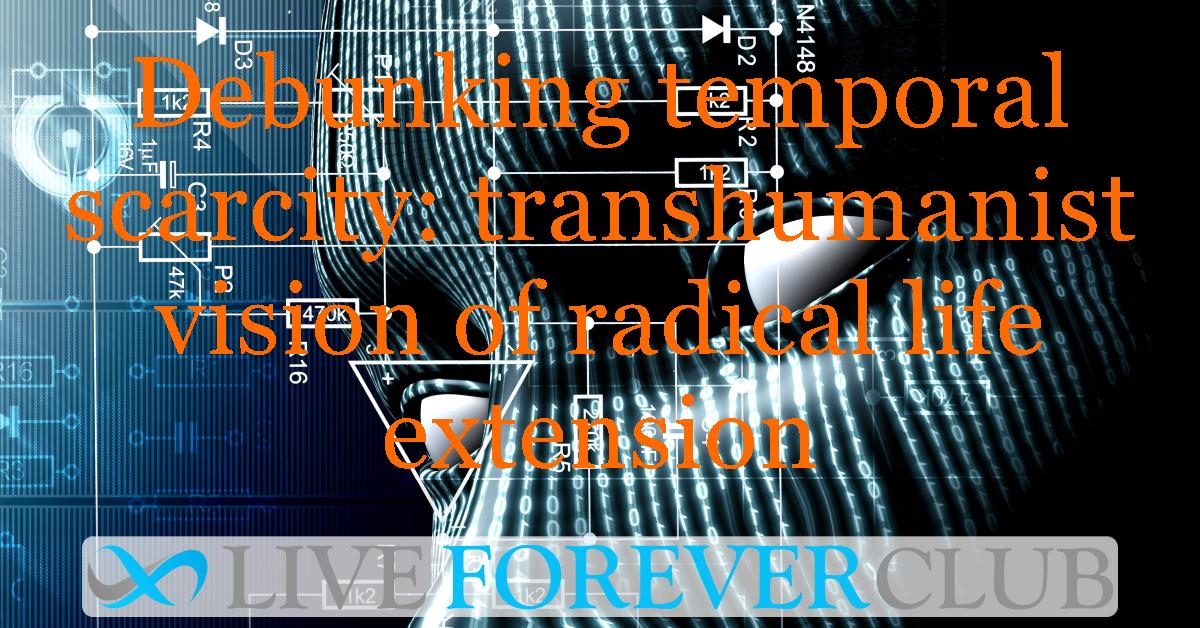Key points from article :
Philosophers often argue that death's inevitability makes life worthwhile, a concept known as temporal scarcity. Transhumanists, people dedicated to using science to overcome biological death, dispute this argument.
The debate on temporal scarcity is being reignited by transhumanists who suggest that while the concept might apply to biological humans, it will be irrelevant for future human beings—cyborgs or beings with digitized consciousness.
The classic argument against immortality assumes that humans remain biologically unchanged, while technological advancements are already augmenting human bodies.
More than 200,000 people worldwide have brain implants, and efforts are ongoing to increase this number and push towards a cyborg existence.
By the end of the century, experts predict the ability to digitize the human brain and consciousness, overcoming biological death and enabling more complex forms of existence.
The traditional human perception of self is based on the five senses and our brain's structure and programming, severely limiting our experience of the universe's complexity.
As humans evolve into transhumans with technological enhancements such as bionic eyes and brain implants, our experiences and understanding of the universe will drastically expand.
Temporal scarcity, which suggests that knowledge and fear of death add value to life, falls short in a world where human perceptions are constantly expanding due to technological advancements.






